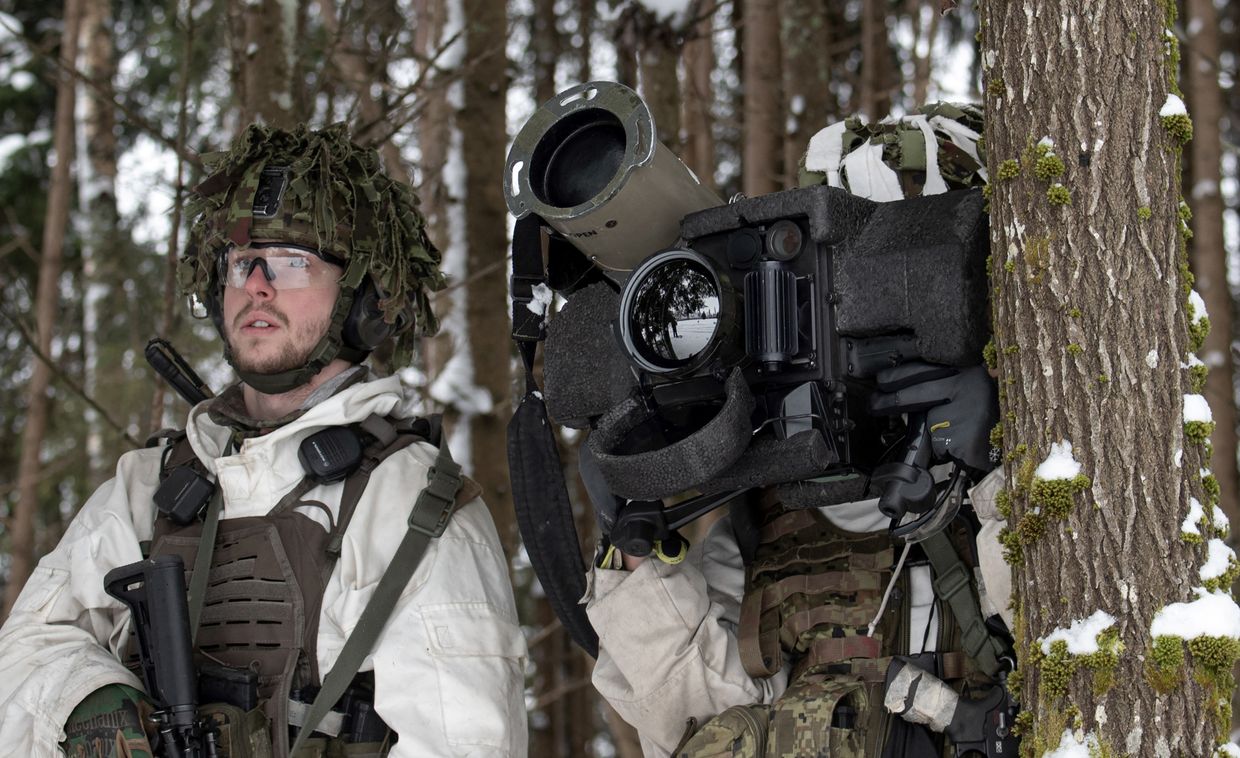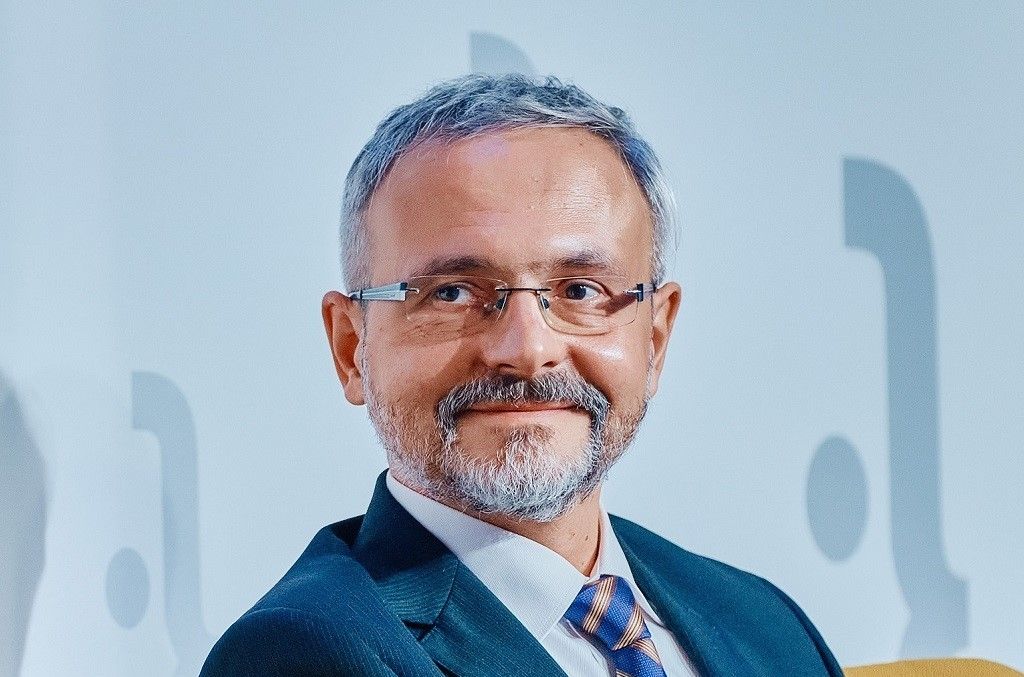An Estonian court found Viacheslav Morozov, a former professor at the University of Tartu, guilty of acting on behalf of a foreign intelligence service, and sentenced him to six years and three months in prison, the Estonian media outlet ERR reported on June 18.
Morozov was arrested in January 2024 on suspicion of spying for Russia.
According to the court's indictment, Morozov gathered various information about Estonia's "internal, defense, and security policy" and other domestic political issues.
Morozov was born in Russia but was associated with the University of Tartu, Estonia's premier higher education institute, from 2010 until his arrest in 2024.
The university informed students and alumni of Morozov's arrest in an email in January, saying that he had been dismissed from his position.
"Understandably, this comes as a shock to all of us. Our trust has been seriously abused. We confirm you that we have had no grounds to question Viacheslav Morozov's earlier work, but in the light of new knowledge, it is important to critically review it," said Kristiina Tonnisson, head of the university's Johan Skytte Institute of Political Studies.
The university's Rector Toomas Asser later commented on the arrest, saying, "I unequivocally denounce any action that could endanger the security of our country. It is impossible to measure the full extent of the potential damage."
"I urge us not to underestimate hostile countries' ability and intent to lead and carry out anti-democratic actions," he added.
Estonia's Internal Security Service (ISS) General Director Margo Pallosson said that Morozov regularly traveled to Russia, where he met with his handlers. Estonia's Public Prosecutor's Office said that Morozov's alleged spying activity occurred over a period of several years.
Morozov was known for speaking and writing critically about Russian President Vladimir Putin and the country's aggression toward Ukraine.
Estonia has long been concerned about undue influence from Russia, being on the far eastern flank of NATO and having a considerable ethnic Russian minority. The country was also the subject of a massive cyber-attack widely attributed to Russia in 2007, which was viewed by some Estonians as a wake-up call to the threat emanating from Russia.














